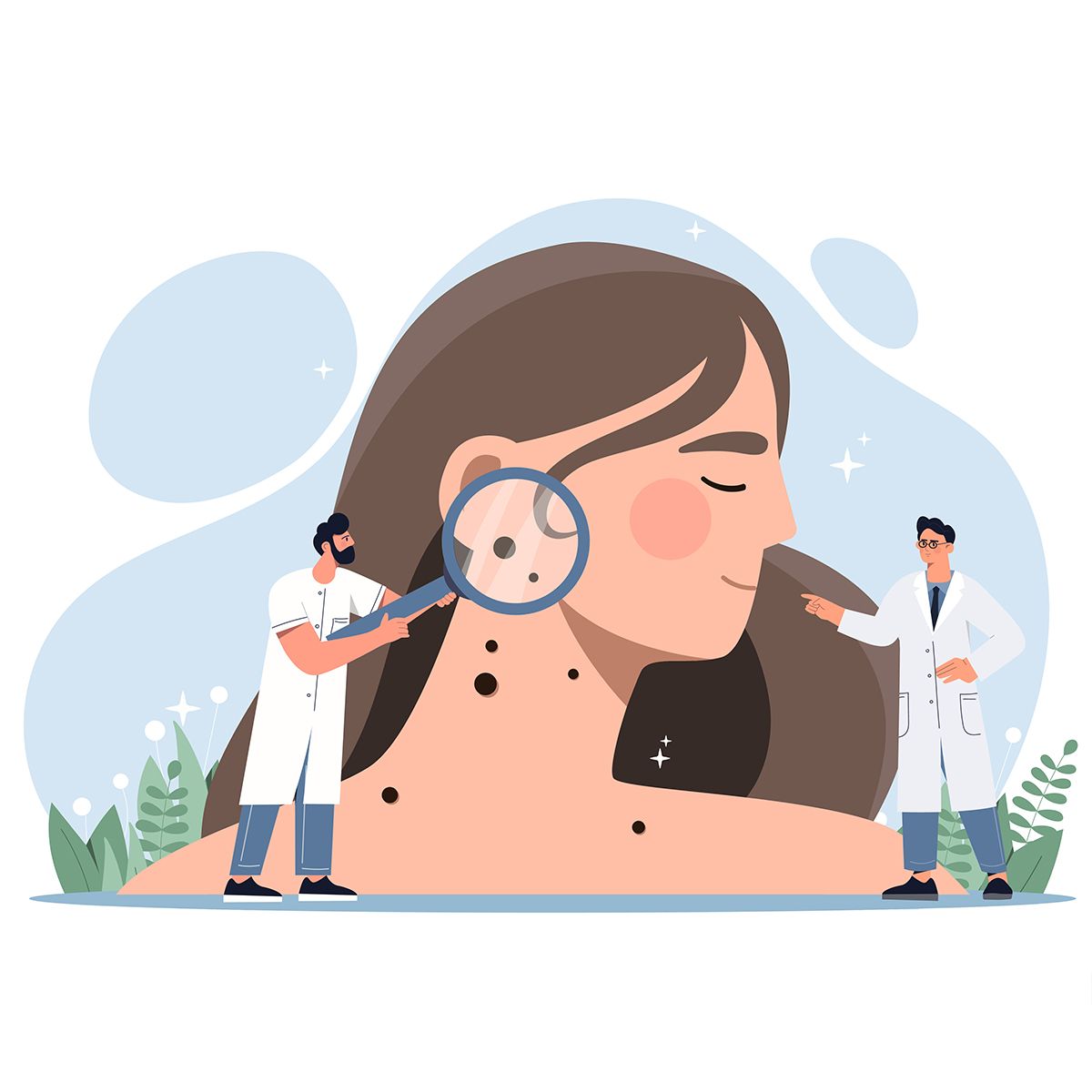Publication
Article
CURE
Taking It Personally
Author(s):
Biomarkers are increasingly used by patients to make decisions about cancer treatment, but they are one piece of a large, complex puzzle.
Biomarkers are increasingly used by patients to make decisions about cancer treatment, but they are one piece of a large, complex puzzle.
No decision is entirely right or wrong and sometimes the impact of biomarkers is subtle. The decision about which treatment to use—and when—has to take into account the entire context of the cancer’s biology and the patient’s values, goals and lifestyle. Here are factors to consider:
> STAGE:
The stage is the extent of disease. Generally speaking, the earlier the stage, the more treatable and curable the cancer tends to be.
> AGE:
How much life still lies ahead? A young father who has not yet seen his children’s milestones, graduations and weddings might want to risk aggressive treatment more than an older man who has already seen those chapters unfold. But a longer life ahead also means the greater possibility of late side effects from treatment.
> MEDICAL HISTORY:
Cancer is not an exclusive disease. It can develop at the same time as other medical problems. These comorbidities must be factored into a treatment decision. For example, some cancer treatments put a strain on the heart or damage peripheral nerves, so patients with a history of heart disease or those with pre-existing nerve damage from diabetes will want to add those drugs cautiously. Cancer treatment often involves corticosteroids, which can complicate common conditions, such as diabetes.
> LIFESTYLE:
Now is the time for patients to think about the things they value and their life experiences. For example, a patient whose job depends on an intricate use of the hands, such as a musician or a mechanic, might be less likely to choose a treatment, such as a taxane, that carries a greater risk of causing neuropathy (nerve damage).
> MEDICAL GOALS:
Patients must ask themselves and their loved ones if they want to take all necessary steps to cure the cancer. Or is there a greater desire to maintain control, even if it means the cancer won’t be cured? Or, if the cancer is advanced, is it best to opt for the greatest level of comfort instead of prolonging life? If all three considerations cannot be met, which is most important?
> COST OF CARE:
Depending on the type of cancer and how advanced it is, some patients might be candidates for newer therapies that are very expensive, and insurance might not fully cover the bill. They could be forced to weigh the risk of financial distress against the odds that treatment will be successful.






